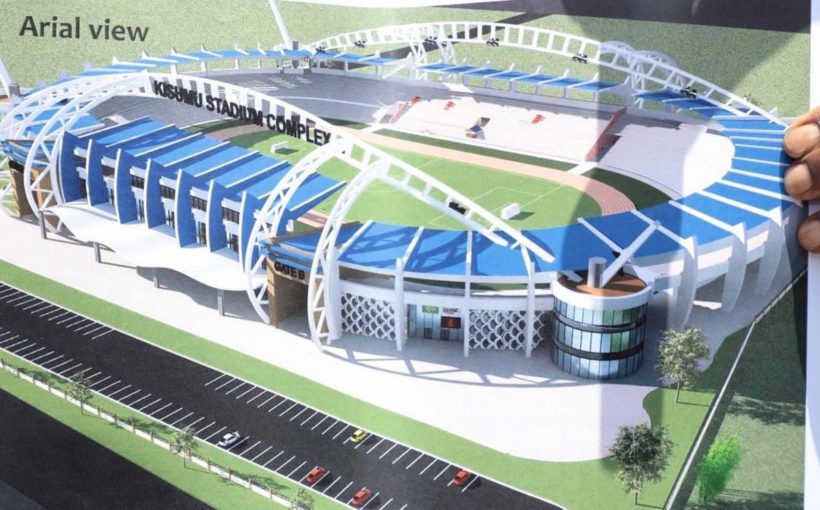Alagi Yorro Jallow.
Mamudu: Sheikh Rashid bin Saeed Al Maktoum (1912 – 1990) was responsible for the transformation of Dubai from a small cluster of settlements near the Dubai Creek to a modern port city and commercial hub.
We Gambians love visiting Dubai and admiring its lavish public infrastructure due to the foundation laid by Sheikh Rashid. The design philosophy is driven by proper placement, function, and an undying commitment to aesthetic appeal. Public infrastructure, beyond merely designing for the part, can overwhelmingly add value to a place.
In 2020, Dubai received about 5.5 million tourists on the back of Covid-19. The number in 2019 was 16 million, projecting to 25 million in 2025 out of awe for Dubai’s build environment, born out of proper design, function, and aesthetics. There is no Niumi National park, Kiang National Park, or other important protected areas of nature attractions ecosystem or river Gambia in Dubai.
Mamudu: Back home: (1) Beyond, where does Independent Stadium sit in our overall direction – sports, arts, tourism, etc. – regarding being a “world-class” venue for “world events” sometime in the future? How do you reconcile what was publicly promised with what has since been delivered?
(2) How do we classify our public stadia? Any available guide to naming conventions followed in giving identity to our public stadia? – including the placement of the word “international” in naming a stadium?
(3) Why do we design “modern” public markets in the manner which we do?
(3) Is it not the case that we continue, as taxpayers, to pay a heavy premium on public infrastructure projects, either;
(a) by way of inflated costs, where quality is delivered, such as the Banjul Road and sewerage rehabilitation project
or
(b) poor quality design and delivery, on the back of excessive costings?
Is it possible to, for example, to build less, properly, cost-effectively, and with world-class ambitions? To domesticate the lessons from our many “bench-marking” trips abroad?
A mindset problem or excessive greed, maybe?Hon. Minister responsible for Aviation should be pondering into the airline sector. The Gambia needs to revive the Gambia Airway to complement economic developments that made Banjul International Airport busy and encouraged increased investment in African airlines such as Senegal, Ghana, Morroco, South Africa. Kenyan Airways serve intra-African trade. It is an area that the Gambia government needs to look into whether the Gambia needs an airline or plug in to invest airline sector so it would be competitive and serve the regional and international.
A nation with an excellent strategic location as ours without a national carrier! Can’t we be blessed with a creative government that will see this clarion call’s high demand and relevance? A government that will see the reasons to revive the moribund former national glory of Gambia Airways.
Imagine having a national carrier that goes to London, Dubai, South Africa, China, New York, Japan, Malaysia, Germany, Italy, America, Turkey, India, Holland, France, Spain, etc. Can the financial returns be equaled?
Air Senegal, Air Ethiopian Airlines, Ghana Airways, Air Morocco, South African Airways, for heaven’s sake, why can’t we have back Gambia Airways? A nation with a colossal aviation market?
Mamudu: We want to grow the Dalasi when we cannot put the aviation sector in order. The employment will provide unequivocally. The opportunities it will yield will undoubtedly have a ripple effect on the economy. Just imagine how much Gambians spend on air tickets. Can’t a pragmatic overhaul be done in this sector? This will simultaneously play a significant stream in the economic development of this nation? The likes of Qatar take aviation seriously as one primary national income; the earlier we deflate ourselves the psyche of tourism income generated economy, the better.
The Gambia as a nation needs structural strategy implementation and infrastructural reformation. May God bless our leaders with ideas, ideals, vision, and dream for a better Gambia. The call to revive the Gambia Airways and domestic airlines to interline in the aviation industry had been ongoing for about two decades without any appreciable progress even while airlines in other climes had a long time embraced it to their advantages.
An interline flight is an agreement between airlines to coordinate passengers with an itinerary that uses multiple airlines without checking in again or dealing with their baggage at the stopover. A codeshare agreement is where airlines operate flights on behalf of another airline, using their flight code.
What makes a country’s airline sector as competitive? The challenge of having partners who are organized and who meet up with the organization of industry and agreements are business decisions by airlines. Experts in the sector have several benefits both for the stakeholders, airlines, and passengers.
Mamudu: To revive the Gambia Airways need the political will to work together. The Gambia has the market. We must use our resources and energy to bring it to fruition and not allow airlines like Morroco Airlines and Senegal Airline to take advantage of our vast market. The airline industry can be a significant contributor to economic development and national prosperity. Gambia Airways used to be one of the essential economic growth sectors in the Gambia Gambia Airways to support creating jobs, facilitating tourism and air transport to help generate economic growth, and alleviate youth unemployment. It has also increased economic activity by enabling faster and easier passengers and goods and providing jobs. Economic growth has been the primary reason for the growth in demand.

